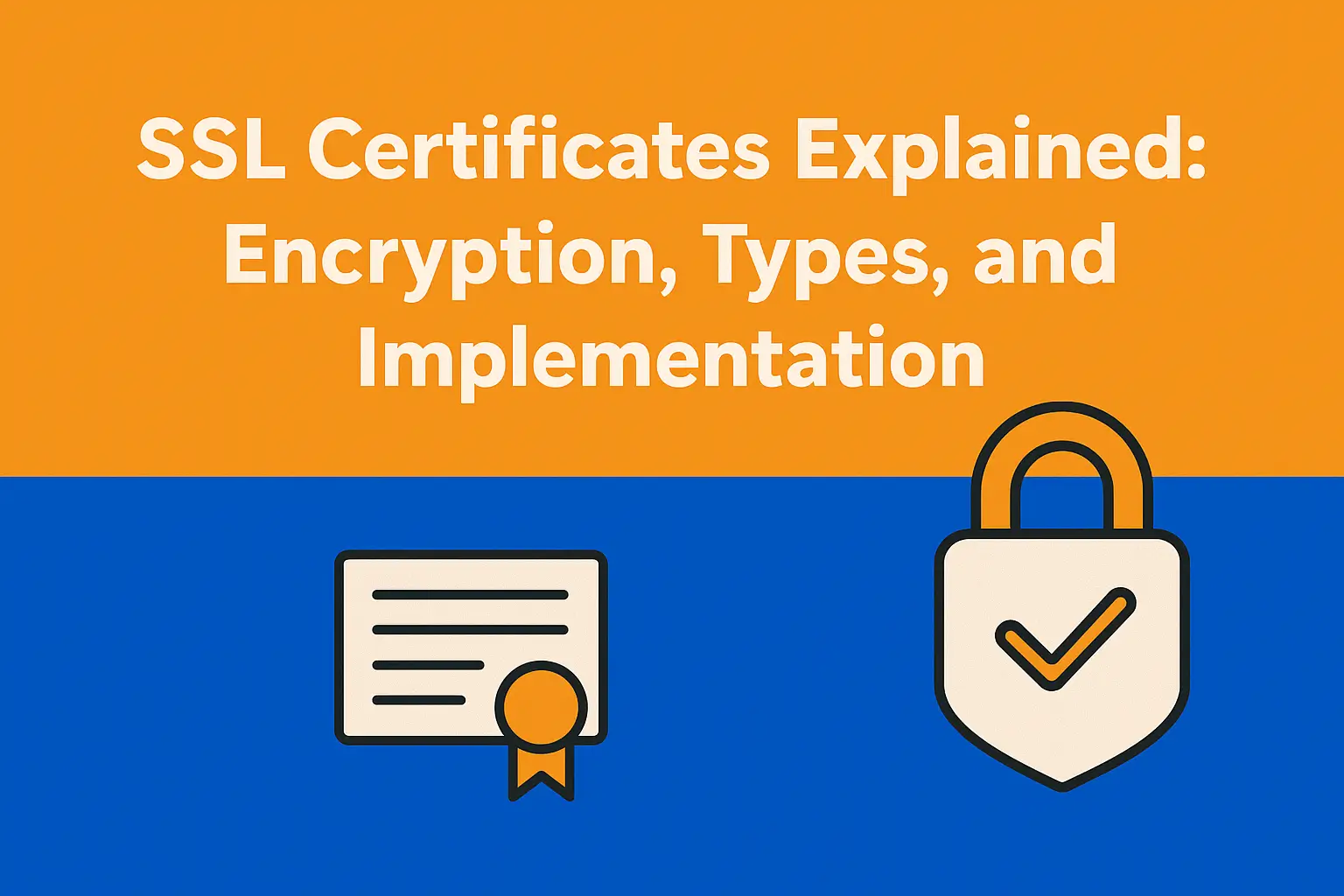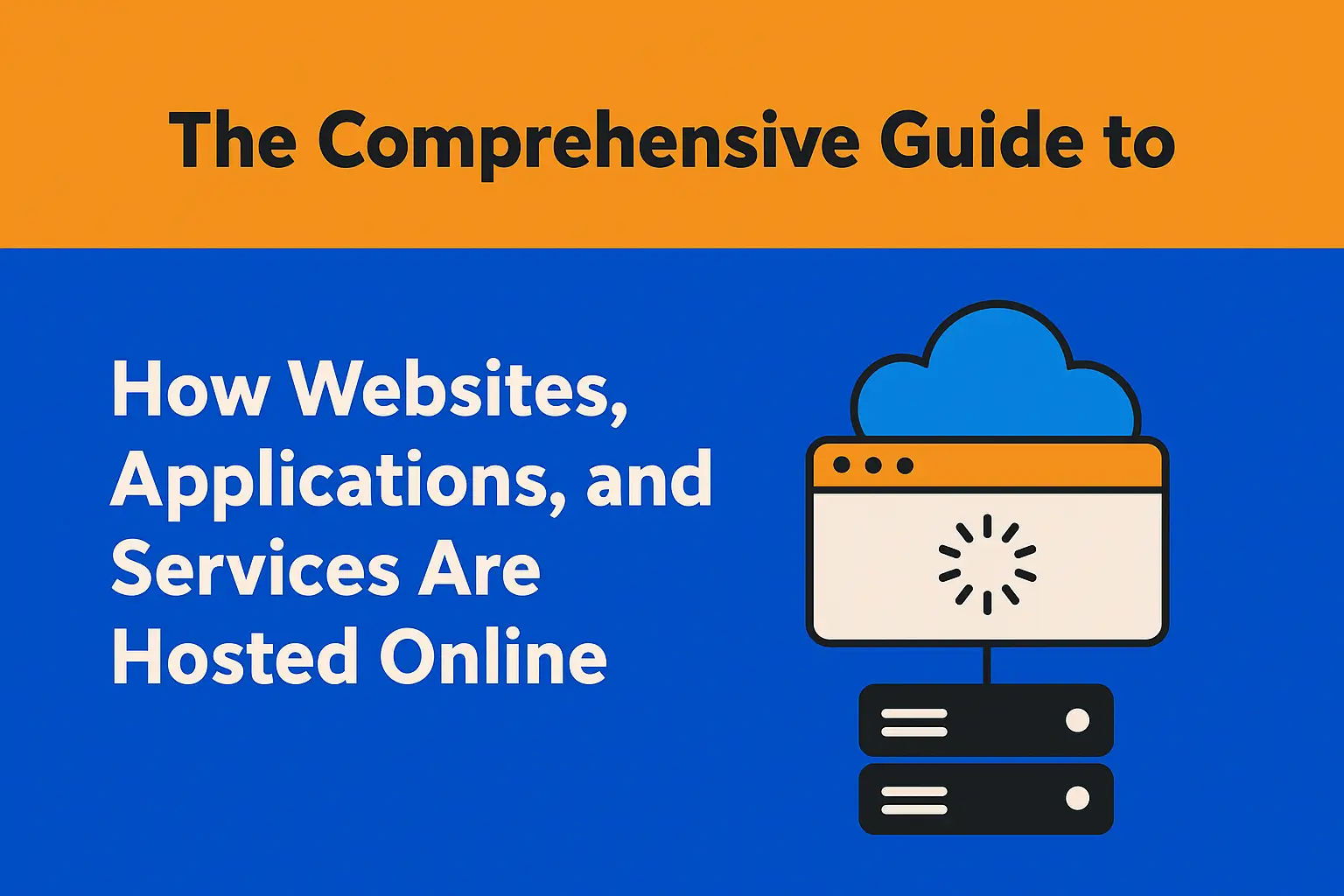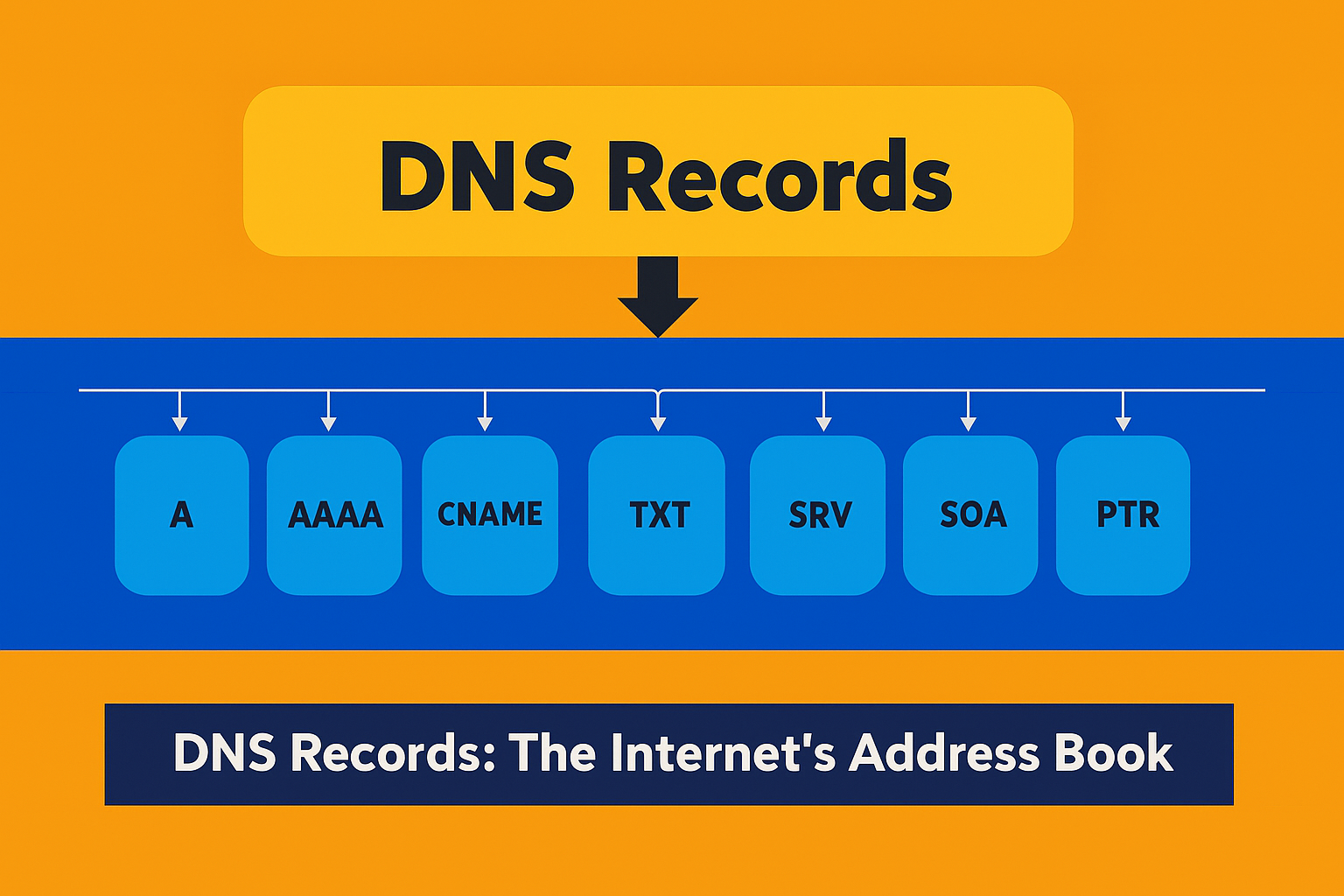
Introduction to Online Privacy Tools
In today’s ever-evolving digital landscape, safeguarding one’s online privacy has become increasingly crucial. With the proliferation of cyber threats, data breaches, and surveillance, individuals are more concerned than ever about protecting their personal information. Various tools have emerged to address these concerns, providing users with a means to enhance their online security and privacy. Among the primary tools at one’s disposal are TOR (The Onion Router), VPNs (Virtual Private Networks), and proxies.
TOR, also known as The Onion Router, is a decentralized network that anonymizes internet traffic by routing it through several volunteer-operated servers. This process makes it exceedingly challenging for anyone to trace the original source of the data, thereby enhancing privacy and reducing the risk of surveillance.
VPNs, or Virtual Private Networks, function by creating a secure tunnel between the user’s device and the internet. This tunnel encrypts the user’s data, ensuring that it remains private and secure from prying eyes, whether they are malicious hackers or intrusive governmental agencies. By masking the user’s IP address, VPNs provide an additional layer of anonymity and security.
Proxies serve as intermediaries between the user’s device and the internet. When a user connects to the internet via a proxy server, their requests are routed through the proxy, which then accesses the desired resources on their behalf. This method hides the user’s IP address and location, offering a degree of anonymity and security.
Understanding the functions and benefits of these tools is indispensable in navigating the complex world of online privacy. The subsequent sections will delve deeper into each tool, comparing their strengths, limitations, and suitability for various user needs. This comparative analysis will equip you with the knowledge necessary to make informed decisions about which tool best aligns with your online security requirements.
What is TOR?
The Onion Router (TOR) represents a sophisticated approach to preserving online anonymity and enhancing digital privacy. Initiated by the U.S. Naval Research Laboratory in the mid-1990s, TOR was initially designed for protecting government communications. Over time, it has evolved into a publicly accessible network, widely utilized by private individuals, journalists, activists, and those living under oppressive regimes.
Fundamentally, TOR operates by routing internet traffic through a worldwide, volunteer-operated network of servers termed as nodes. This routing process employs multiple layers of encryption, often analogized to the layers of an onion, to secure the data as it traverses through the network. When data enters the TOR network, it undergoes successive encryption at each node, masking the user’s original IP address and rendering their online activity exceedingly challenging to trace.
One of TOR’s paramount features is its reliance on decentralized architecture. Since the network’s servers are run by volunteers globally, there is no central authority that can monitor or control users’ activities, providing a robust shield against surveillance and censorship. This makes TOR particularly valuable for accessing the deep web, where conventional search engines cannot penetrate, and where anonymity is often a requisite.
TOR’s efficacy finds applications in a variety of contexts. Journalists leverage TOR to communicate securely with whistleblowers and protect sensitive data from prying eyes. Activists in authoritarian countries use TOR to bypass censorship and disseminate information without risking their personal safety. Additionally, privacy-conscious individuals deploy TOR to obfuscate their online footprint when exploring topics or conducting transactions they prefer to keep confidential.
In summary, TOR-remarkable multi-layered encryption alongside its volunteer-operated network positions it as a critical tool for anyone seeking to bolster their anonymity on the internet. Its unique attributes not only facilitate access to otherwise concealed areas of the web but also provide a formidable defense against unjust surveillance and oppressive censorship.
Understanding VPNs
A Virtual Private Network (VPN) is a technology designed to provide online anonymity and secure one’s internet connection. VPNs function by creating a secure, encrypted tunnel between the user’s device and the internet. This process not only masks the user’s IP address but also protects the data being transmitted from potential interception by malicious actors or other parties.
When you use a VPN, the data from your device is first routed through a VPN server before it reaches the intended destination on the internet. This ensures that any data packets sent or received are encapsulated in an outer shell that is encrypted using robust protocols such as OpenVPN, L2TP/IPsec, or IKEv2. The encapsulation effectively hides your data from being read or monitored by unauthorized entities, including Internet Service Providers (ISPs), hackers, and eavesdroppers.
One of the major advantages of utilizing a VPN is the ability to access geo-restricted content. Many streaming services, websites, and online platforms impose geographic limitations on their content. By connecting to a VPN server located in a different country, users can bypass these restrictions and enjoy unrestricted access to global content. Furthermore, VPNs offer significant privacy benefits, particularly when using public Wi-Fi networks, which are notorious for their security vulnerabilities. The encryption provided by VPNs safeguards your personal and financial information from potential cyber attacks.
Besides basic security and privacy functions, VPNs conceal your browsing activity from ISPs, preventing them from tracking your online behavior and potentially selling this information to third parties. This level of privacy is particularly vital in regions where internet surveillance practices are prevalent, ensuring that individuals maintain control over their digital footprint.
There are various types of VPNs available in the market tailored to different use cases. These include remote-access VPNs, designed for individual users connecting to a private network, and site-to-site VPNs, which link entire networks to one another over the internet. There are also mobile VPNs geared toward ensuring secure mobile connectivity in environments where consistent internet access is unpredictable. Therefore, understanding your specific needs and selecting the appropriate type of VPN can significantly enhance your online security and privacy.
The Role of Proxies in Online Privacy
Proxies act as intermediaries between a user and the internet, offering a streamlined barrier that can shield one’s identity while navigating online. When utilizing a proxy, your requests are first sent to the proxy server, which then forwards them to the intended destination. The responses from these destinations are then returned to the proxy before reaching you. This process helps obscure your IP address, providing a basic level of anonymity and privacy.
There are various types of proxies, each designed to serve different needs. HTTP proxies are primarily used for web traffic and are suitable for basic web browsing. They can filter content, hide your IP address, and cache data for quicker access. SOCKS proxies are more versatile and can handle all types of internet traffic, including email, file transfers, and peer-to-peer connections. This makes them beneficial for a wider array of applications beyond simple web browsing. Transparent proxies, on the other hand, do not hide your IP address from the websites you visit. They are often employed by organizations to catch and manage data traffic efficiently.
Proxies offer several advantages that can significantly enhance online privacy and performance. Firstly, they help manage internet traffic effectively by distributing requests across multiple servers, which can mitigate load times and prevent server overloads. Additionally, by caching data, proxies can expedite access to frequently visited websites, resulting in a more responsive browsing experience.
Beyond performance, proxies provide a fundamental level of anonymity. By masking your IP address, they make it more challenging for websites or malicious actors to track your online activities. While not as robust as other privacy tools like VPNs or TOR, proxies still offer considerable benefits in maintaining a degree of privacy, which is particularly useful for day-to-day web usage.
VPN vs Proxy: Which is Better?
When evaluating VPNs and proxies for online security, it is crucial to consider multiple factors, including security, speed, ease of use, and reliability. VPNs (Virtual Private Networks) and proxies offer distinct benefits and limitations that cater to different use cases, influencing your choice of technology based on your specific requirements.
Regarding security, VPNs generally provide a higher level of protection compared to proxies. VPNs encrypt your entire internet traffic, thus safeguarding your data from potential eavesdroppers and cyber threats. This encryption ensures that sensitive information, such as passwords and personal details, remains private. On the other hand, proxies do not offer such encryption. They simply act as intermediaries, masking your IP address without securing the data being transmitted. Therefore, for activities requiring a high degree of privacy, such as secure browsing or confidential communications, VPNs are the preferable choice.
In terms of speed, proxies often have an edge over VPNs. Since proxies do not encrypt data, they tend to be faster and more responsive. This makes proxies an appealing option for activities where speed is a priority, like streaming videos or playing online games. However, it is important to note that the lack of encryption also means less security, making proxies less suitable for secure transactions.
Ease of use varies significantly between VPNs and proxies. Many VPN services offer user-friendly interfaces with straightforward setup processes, making them accessible even to those with limited technical expertise. Once a VPN is configured, it offers continuous protection without the need for further adjustments. Conversely, proxies might require manual configuration within individual applications or browsers, which can be cumbersome for users unfamiliar with these settings.
Lastly, considering reliability, VPNs are typically more dependable. Many reputable VPN providers offer consistent service with minimal downtime, bolstered by robust customer support. Proxies, by comparison, can be less reliable, often suffering from connection dropouts or server availability issues.
In conclusion, the choice between a VPN and a proxy hinges on your specific needs. For comprehensive security and privacy, VPNs are the superior option. However, if speed is your primary concern, proxies may serve you better. Assessing your activities and requirements will guide you to the most suitable solution for your online security.
TOR vs VPN: Pros and Cons
When it comes to digital privacy, both TOR (The Onion Router) and VPNs (Virtual Private Networks) serve as potent tools but differ significantly in their functionalities and applications. Understanding their strengths and weaknesses will help you determine which is more suited to your needs.
Anonymity: TOR is specifically designed to enhance user anonymity. By routing traffic through multiple volunteer-operated servers, it obscures the source and destination of the data, making it exceedingly difficult to trace. VPNs, on the other hand, route your traffic through a single server owned by the VPN provider. While this offers you good levels of privacy, the degree of anonymity can be less robust than that of TOR, especially if the VPN provider maintains logs.
Performance: One significant drawback of using TOR is its impact on performance. The multiple layers of encryption and the requirement to pass through various nodes often result in slower browsing speeds. Conversely, VPNs typically offer faster speeds since they channel traffic through fewer intermediary points. For activities requiring high-speed internet like streaming or gaming, VPNs are more advantageous.
Usability: TOR can be complex for the average user to set up and use effectively. It often requires the Tor Browser and may need specific configuration settings to optimize performance and security. VPNs, in contrast, offer more user-friendly solutions. Most VPN services provide straightforward apps that are simple to install and operate, making them convenient for a broader audience.
Legal Considerations: Both tools inhabit a gray area in various jurisdictions with specific legal complications. Using TOR might raise red flags with authorities in certain countries, as its strong association with the dark web can draw scrutiny. VPNs also face legal challenges in some regions where governments mandate monitoring and censorship. There can be legal consequences depending on the actions taken while using these tools, making it essential to be aware of local laws and regulations.
In summary, choosing between TOR and VPN depends on your specific needs. If your primary concern is anonymity, especially if you’re involved in political activism or need to bypass stringent censorship, TOR might be the superior option despite its performance drawbacks. Conversely, for more general privacy enhancement, secure browsing, and maintaining good internet speed, a reliable VPN service could be more practical.
Are Proxies Better Than TOR?
When evaluating the effectiveness of proxies relative to TOR, it is essential to understand the significant differences between the two in terms of security, functionality, and user experience. Both tools serve specific purposes and excel in different scenarios, thereby catering to varied privacy and security needs.
Proxies function as intermediaries between a user’s device and the internet. By rerouting internet traffic through a proxy server, they can mask the user’s IP address, thus providing a level of anonymity. However, it should be noted that this form of anonymity is relatively superficial compared to what TOR offers. Proxies, especially free ones, often lack encryption of internet traffic, resulting in potential vulnerabilities to surveillance and interception.
On the other hand, TOR (The Onion Router) is designed to offer a robust solution for privacy-conscious users. By routing internet traffic through multiple nodes, each encrypting a layer of data, TOR provides a higher level of anonymity and protection against traffic analysis. This multi-layered encryption process, commonly referred to as onion routing, ensures that no single point knows both the origin and destination of the traffic, thereby significantly enhancing online privacy.
When it comes to user functionality, proxies are generally easier to set up and maintain. They are effective for bypassing geographical restrictions and accessing region-specific content. Businesses frequently use proxies for web scraping and managing multiple social media accounts. In contrast, TOR can sometimes result in slower browsing speeds due to the multiple nodes that traffic must pass through, making it less suitable for activities requiring high-speed internet access.
In conclusion, the choice between proxies and TOR hinges on the user’s specific security and usability requirements. For quick and less-sensitive tasks, proxies might be more convenient. However, for comprehensive anonymity and protection against surveillance, TOR serves as a more robust solution. Thus, understanding these key differences enables users to align their choice with their privacy objectives effectively.
Alternatives to TOR, VPNs, and Proxies
In recent years, the demand for online privacy and security has surged, prompting the exploration of alternatives to traditional methods such as TOR, VPNs, and proxies. One promising alternative is decentralized VPNs. Unlike conventional VPNs that rely on central servers, decentralized VPNs distribute the tasks of encryption and data transfer across a network of individual nodes. This architecture increases security and resistance to censorship by eliminating single points of failure. Users can contribute to and benefit from this secure, peer-to-peer network, enhancing both privacy and reliability.
Another notable alternative is the use of encrypted DNS services. Traditional DNS queries are often sent in plain text, making them susceptible to interception and surveillance. Encrypted DNS services, such as DNS over HTTPS (DoH) and DNS over TLS (DoT), secure DNS queries by encrypting them before transmitting. This encryption prevents eavesdroppers from seeing which websites users are attempting to visit and thwarts DNS-based attacks. With the adoption of encrypted DNS, users can bolster their online privacy significantly, ensuring that their browsing habits are not easily monitored or manipulated.
In addition to decentralized VPNs and encrypted DNS services, privacy-focused browsers have emerged as another effective alternative for enhancing online security. Browsers like Brave and Tor Browser are designed with privacy at their core; they integrate features such as built-in ad blockers, anti-tracking mechanisms, and options for anonymous browsing sessions. These browsers aim to create a safer and more private browsing experience by limiting the amount of data that websites and third parties can collect.
Exploring these alternatives provides users with a comprehensive approach to online security. Whether through decentralized VPNs that promote robust encryption, encrypted DNS services that protect web traffic, or privacy-focused browsers that safeguard user data, there are various ways to enhance one’s digital privacy. By understanding and utilizing these methods, individuals can achieve greater control over their online presence and protect themselves from potential threats.
Conclusion: Making the Right Choice for Online Privacy
In navigating the complex landscape of online privacy tools, understanding the nuances of TOR, VPNs, and proxies is essential. Each of these technologies offers distinct advantages and disadvantages, making them suitable for different use cases and varying levels of security needs.
TOR, or The Onion Router, is invaluable for those requiring high levels of anonymity. By routing traffic through multiple nodes, TOR effectively disguises the user’s IP address, making it exceptionally challenging for entities to trace online activities. However, this heightened security comes at the cost of speed, as TOR can significantly slow down internet connections.
VPNs (Virtual Private Networks) offer a balanced approach to online privacy. They provide robust encryption and mask the user’s IP address, enhancing security without severely compromising internet speeds. VPNs are especially useful for bypassing geo-restrictions, securing data on public Wi-Fi, and maintaining privacy from ISPs and other third parties. However, the level of security is dependent on the reliability and privacy policies of the VPN service provider.
Proxies, while offering a quick and efficient method for masking IP addresses, are generally considered less secure compared to TOR and VPNs. Proxies can be advantageous for tasks like web scraping or accessing blocked content, but they typically do not offer encryption, exposing users to potential risks.
Choosing the right tool for online privacy ultimately depends on individual needs and the specific threats faced. For those requiring maximum anonymity, TOR might be the best option. For a blend of security and performance, a reputable VPN could be ideal. For simpler tasks, a proxy might suffice.
Staying informed about digital security is crucial in an era of evolving cyber threats. Regularly updating your knowledge about these tools and their capabilities will ensure that you remain adequately protected. By understanding your requirements and the functionalities of TOR, VPNs, and proxies, you can make an informed decision to safeguard your online privacy effectively.





0 Comments